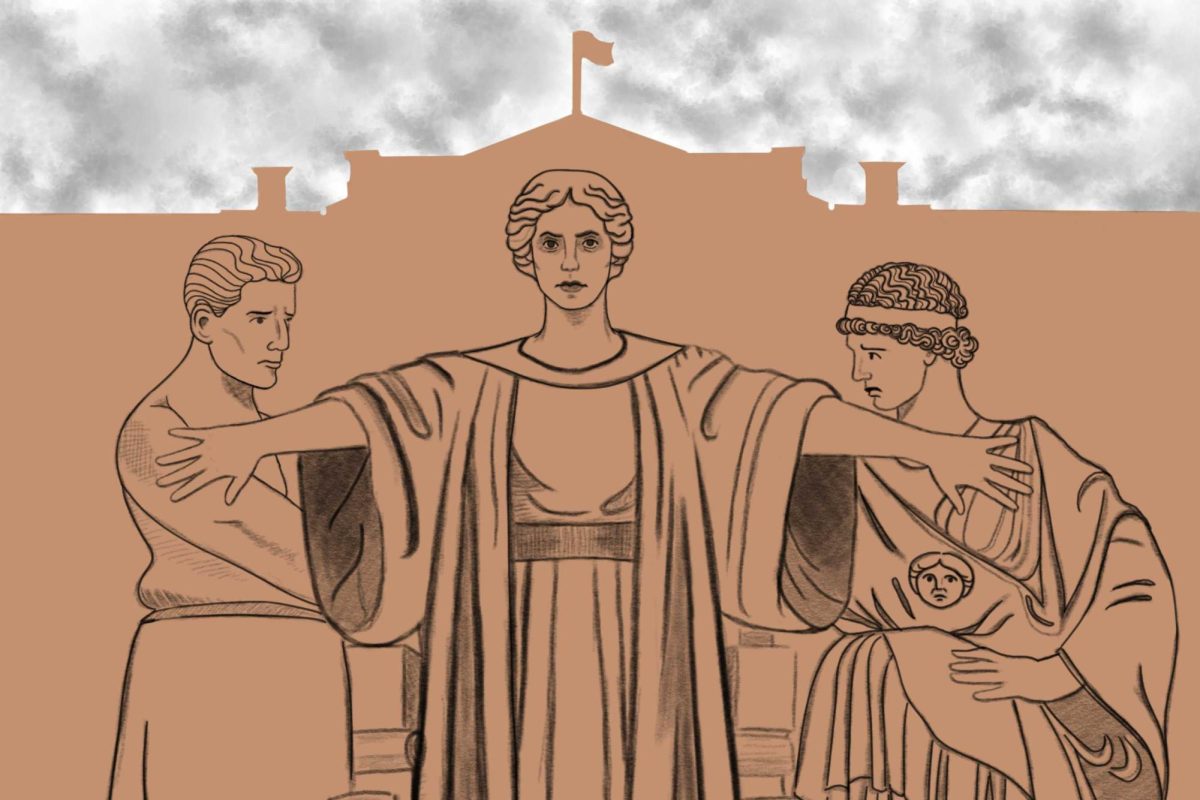I’m not a big movie fanatic. The Oscars don’t really interest me. But this year, there was one category I paid particular attention to, a category I’ve ignored for a couple years: the best animated feature.
It’s been a while since I went out of my way to watch animated movies. Like most kids, when I was younger I was obsessed with all the Disney movies. I could recite the lines and sing the songs from “Aladdin” and “Beauty and the Beast.” But as I got older, animated movies became a juvenile activity meant for babysitting or watching with my little cousins.
But this year, it seems that most of my favorite movies were animated.
Over the summer, my group of friends planned a night out to see “Toy Story 3” in 3D. And during winter break, my mom was overjoyed when I asked her to go see “Tangled” in theaters together. And when my boyfriend and I were looking for a good movie to watch, we chose “How to Train Your Dragon” and loved it.
As I felt myself connect with each one of these animated movies, I realized these youthful stories are often filled with meaningful messages.
Get The Daily Illini in your inbox!
In “Tangled,” as princess Rapunzel discovers the outside world for the first time, it reminded me of how I feel as a second semester senior just moments away from entering the real world: both excited and terrified. She goes through the challenges of trying to achieve her dreams, while at the same time attempting to make other people happy. It was not only fun to return to my days of watching a Disney movie, but it was also refreshing to know that at 21 years old I can still relate to an animated princess.
Woody, Buzz and the rest of the toys learn about what it’s like to feel left behind when someone is moving on. Andy struggles with the idea of giving up things from his childhood while deciding what to hold on to and what he no longer needs. Our generation has grown up with these toys for the past decade and definitely felt a unique connection to the final movie of the “Toy Story” saga. As we are constantly moving on to new stages of life, we often have to give up on things from past phases.
“How to Train Your Dragon” addressed the pressure of living up to our parents’ expectations when our dreams and goals might be a little different. As Hiccup attempts to become a dragon slayer like the rest of the Viking tribe, he realizes that he would rather become friends with the dragon than kill it. My ideas can often differ from the ideas of groups I’m a part of. Although he was scared, Hiccup stands up for what he believes in and ends up making drastic changes in the long-held traditions of his family.
Behind the unique animations and cute songs, there are actually messages that college students can feel deeply connected to. We can all relate to the struggle between achieving our personal goals and following the pressures of our society; we all know the feeling of being left behind; we’ve all been forced to step out of our comfort zones and do something different.
These universal feelings keep us connected to these cartoon characters as we go to infinity — and beyond.
Ashley is a senior in LAS.






